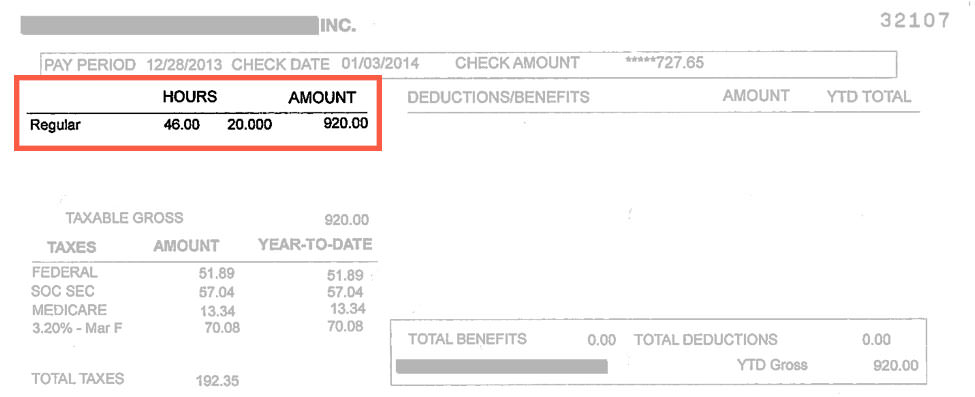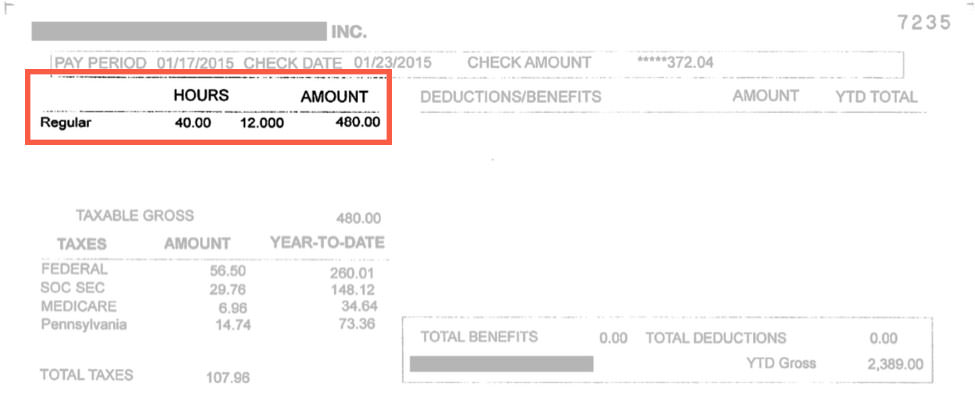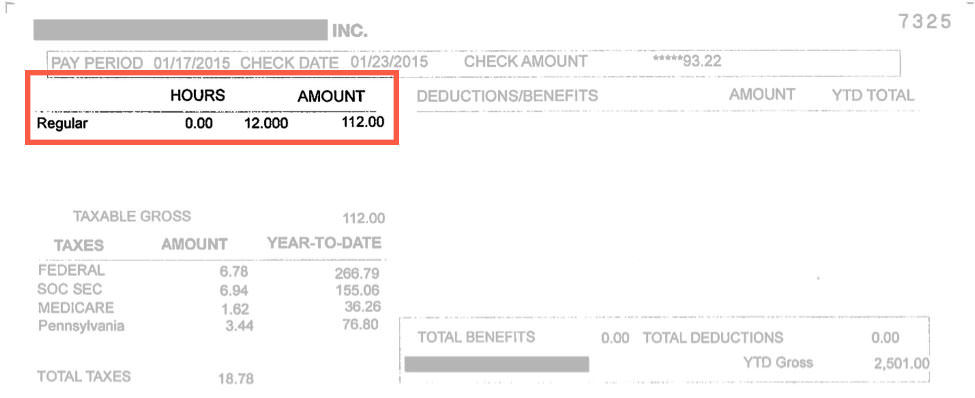The 3 Most Common Ways Bosses Avoid Paying Overtime
Employers avoid paying overtime in a number of different ways.
Many hourly and salaried employees are entitled to overtime, or “time and a half,” for the hours they work over 40 in a workweek. In other words: If you work 50 hours in a week, and your rate of pay is $20/hour, you are probably entitled to $30/hour for the 10 overtime hours that you worked.
Unfortunately, many employees do not get proper overtime pay when they work more than 40 hours.
Though we at DCWageLaw have seen many different schemes for denying workers proper overtime pay, here are three of the most common ways that bosses avoid paying overtime.
#1 – Paying “Straight Time” for Overtime Hours
One of the most common ways that workers are denied overtime is when companies pay “straight time.” This means that an employer pays the same hourly rate for every hour an employee worked in a week — even though that employee worked more than 40 hours.
Here is a real life example of “straight time” pay that denies proper overtime compensation:
This boss wasn’t too smart…he put the evidence right on his employee’s paystub.
But remember: Whether you are paid in cash or by check, whether your paystub accurately reflects your hours or not, you may be entitled to unpaid overtime pay if you work more than 40 hours in a week.
#2 – Paying Overtime on a Separate Check (“Check Splitting”)
Another common way employers avoid paying overtime is by splitting a paycheck into two different checks.
If an employee works 50 hours in a week, the employer might issue one check for the first 40 hours, and another check for the hours worked over 40.
For example, see the following real life example of a “check splitting” scheme. In this example, the employee worked 49.33 hours. On the first check, his boss pays him for the first 40 hours at $12 per hour:
And on the second check, his boss pays him for 9.33 overtime hours at $12 per hour (this particular boss was clever enough to omit the hours on the second paystub, so we have to do a little math: $112.00/$12 = 9.33 hours):
There are all kinds of ways that employers engage in “check splitting.” An employee might be paid with three or four checks. An employee might receive checks from different companies. Or an employee might receive part of his compensation in check and part of his compensation in cash.
The bottom line is this: If you work for more than 40 hours in a week, your boss cannot avoid paying overtime by splitting your pay into two parts.
#3 – Paying a Salary (Yes, A Salary!)
The most common way bosses avoid paying overtime is by paying a salary to a non-exempt employee who works more than 40 hours in a week.
Many employees are entitled to overtime, but they simply have no idea. They assume that because their boss has made them a “salaried employee,” they are not entitled to overtime. However, that is not how the law works!
Generally speaking, a salaried employee’s job duties will determine whether he is entitled to overtime. And it doesn’t matter whether you get paid your salary in check or by cash.
In other words…
JUST BECAUSE YOU GET PAID A SALARY, DOES NOT MEAN YOUR BOSS ISN’T CHEATING YOU OUT OF OVERTIME PAY!







 Gallery Pl.—Chinatown
Gallery Pl.—Chinatown 